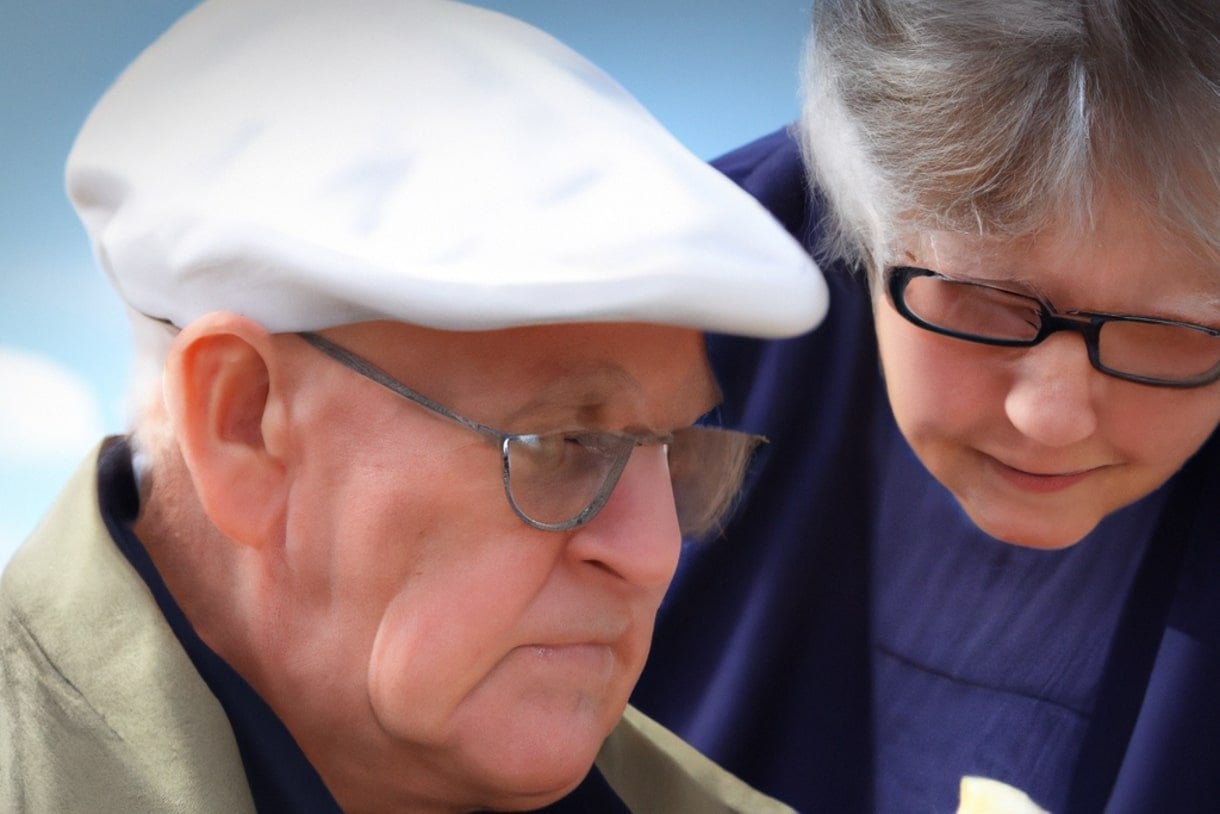Well, the solution to this is 100%
recovery before you lose the first two groups of friends as described by
Aristotle. Your doctor's responsibility.
Aristotle believes that there are three different kinds of friendship; that of utility, friendship of pleasure, and virtuous friendship.
I'm in two different wine groups, one weekly Zoom
meeting and one monthly pot luck one, Weekly trivia at a local bar. 2-3
nights live jazz music, numerous friends there, I'm responsible for
getting there early enough to get a table.
The latest here:
Social Connections Combat Dementia and Prolong Lifespan
Summary: Spending time with family and friends not only gives us a positive psychological boost, it can also reduce dementia risks and improve longevity, a new study reports. Researchers found those with strong social connections have a lower risk of mild cognitive impairment, dementia, and death. The study reports improving social connections and frequently taking time to spend with others has positive implications for health and cognition.
Source: University of New South Wales
Spending time with loved ones can have significant health benefits as we age, according to a new meta-analysis study from the Centre for Healthy Brain Ageing (CHeBA) at UNSW Sydney.
The researchers studied the link between social connections in older people and the risk of mild cognitive impairment (MCI), dementia and mortality. They pooled together the results of 13 international studies, which followed people aged 65 years and above over long periods of time.
The research is published today in Alzheimer’s & Dementia.
“We know from previous research that social connections are important for our health and being isolated puts us at higher risk of dementia and death,” said first author Dr. Suraj Samtani, who is a clinical psychologist and researcher at CHeBA.
“Our goal was to find which social connections protect us from dementia and death.”
Studying aging populations
The researchers obtained results from studies in low, middle and high-income countries across the world. These included Australia, North America, and several nations in Europe, South America, Asia, and Africa. The study population is more diverse than previous meta-analyses, which have mainly focused on North America and Europe.
Then the researchers analyzed information about the social connections of the study participants. They were interested in the social connection type (e.g., being in a relationship or married, engaging with a community group), function (e.g., social support, having a confidante), and quality (e.g., level of relationship satisfaction).
Finally, the researchers looked at whether the participants developed MCI or dementia, or passed away, during the studies. They controlled for other variables which could influence these outcomes including age, sex, education level, lifestyle factors and other chronic diseases.
“We looked at social variables across these studies, such as living with others, interacting with friends and family, engaging in community activities, and social support,” Dr. Samtani said. “We wanted to know which of these are associated with risk of getting dementia over time or dying.”
Protective effects of social connections
Among the study participants, good social connections were associated with a lower risk of MCI, dementia and death.
“We found that frequent interactions—monthly or weekly—with family and friends and having someone to talk to reduced the risk of getting dementia. We also found that living with others and doing community activities reduced the risk of dying,” Dr. Samtani said.
Why would social interaction be linked to MCI, dementia and death? Many other studies show that poor social connections are associated with poorer lifestyle and poorer health.
For example, close relationships can have a stress buffering effect, as we confide in and receive support from these individuals. Controlling stress is important for brain and overall health.
Another example is that our family, friends and community members may influence us to take on healthy behaviors. This phenomenon, exemplified by your friends dragging you to park run at 7am on a Saturday, is known as ‘social contagion’.

One limitation of the findings is the ‘chicken or the egg’ problem. Participants who had already MCI or dementia at the beginning of the studies were excluded from the analysis. However, it is possible that they had some undetected cognitive and physical health issues. These could impact their social interactions, rather than the other way around.
Tips to stay healthy
The researchers recommend that we prioritize social connection to reduce risk of cognitive decline and live longer.
“Try to meet with friends and family at least once a month, take part in community activities like volunteering or a rotary club, and open your heart to someone when you feel stressed. Living with others, for example in an intergenerational household, is also helpful,” Dr. Samtani said.
“Connecting with others helps us to keep our bodies and minds healthy.”
The researchers at CHeBA are now looking at interventions to improve the social connections of older adults, to protect their brain and overall health. Dr. Samtani has recently been awarded a Dementia Australia Research Foundation post-doctoral fellowship to trial a social cognition intervention for older adults with memory concerns.
“We hope that helping people to stay engaged in conversations and maintain healthy friendships and relationships will help them to stay healthy and happy,” Dr. Samtani said.
About this social neuroscience and cognition research news
Author: Press Office
Source: University of New South Wales
Contact: Press Office – University of New South Wales
Image: The image is credited to Neuroscience News
Original Research: Open access.
“Social
connections and risk of incident mild cognitive impairment, dementia,
and mortality in 13 longitudinal cohort studies of ageing” by Gowsaly Mahalingam et al. Alzheimer’s & Dementia
No comments:
Post a Comment